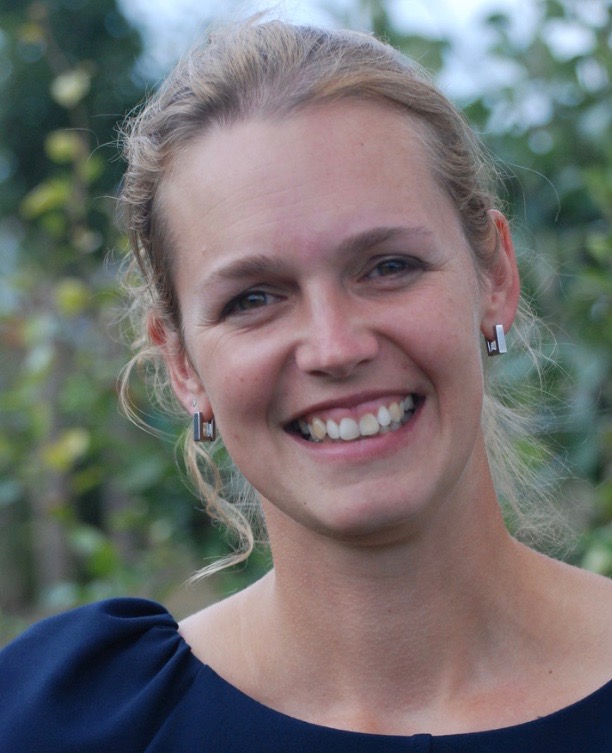Dr. Aurélie Crabbé
 |
Dr. Aurélie Crabbé Laboratory of Pharmaceutical Microbiology (LPM) |
Aurélie Crabbé obtained a Master degree in Biomedical Sciences at the Vrije Universiteit Brussel (VUB). In 2009, she graduated as PhD in Bioscience Engineering at the VUB, for her research on the response of the opportunistic pathogen Pseudomonas aeruginosa to conditions that mimic the human lung environment. She performed PhD research at the Belgian Nuclear Research Center (SCK•CEN) and the Biodesign Institute of Arizona State University (ASU) – the latter for which she received a Henri Benedictus fellowship of the Belgian American Educational Foundation (BAEF) and the King Baudouin Foundation. After completing her PhD studies, she was appointed as a postdoctoral researcher, and later on as a Research Scientist, at ASU. During her doctoral and postdoctoral studies at ASU, she developed and applied in vivo-like three-dimensional model systems of the lung mucosa to study host-pathogen interactions, and was involved in exploring bacterial virulence under spaceflight conditions.
In October 2014, Aurélie Crabbé was awarded an Odysseus II grant of the Research Foundation Flanders (FWO) to initiate a new research line at the LPM, focusing on how the host, microbiota and their interactions influence antimicrobial agent efficacy and inflammation in chronic lung infections. Since October 2019, she is an assistant professor at the LPM, and her current research involves both fundamental and translational topics, with the end goal of designing novel predictive diagnostic assays for antimicrobial susceptibility testing, and microbiota-based therapeutics to improve the treatment of patients with chronic and acute lung diseases. To facilitate translation of research findings in the lab towards novel therapeutic approaches, in vivo-like cell culture model systems that mimic key aspects of the parental tissue are central tools.